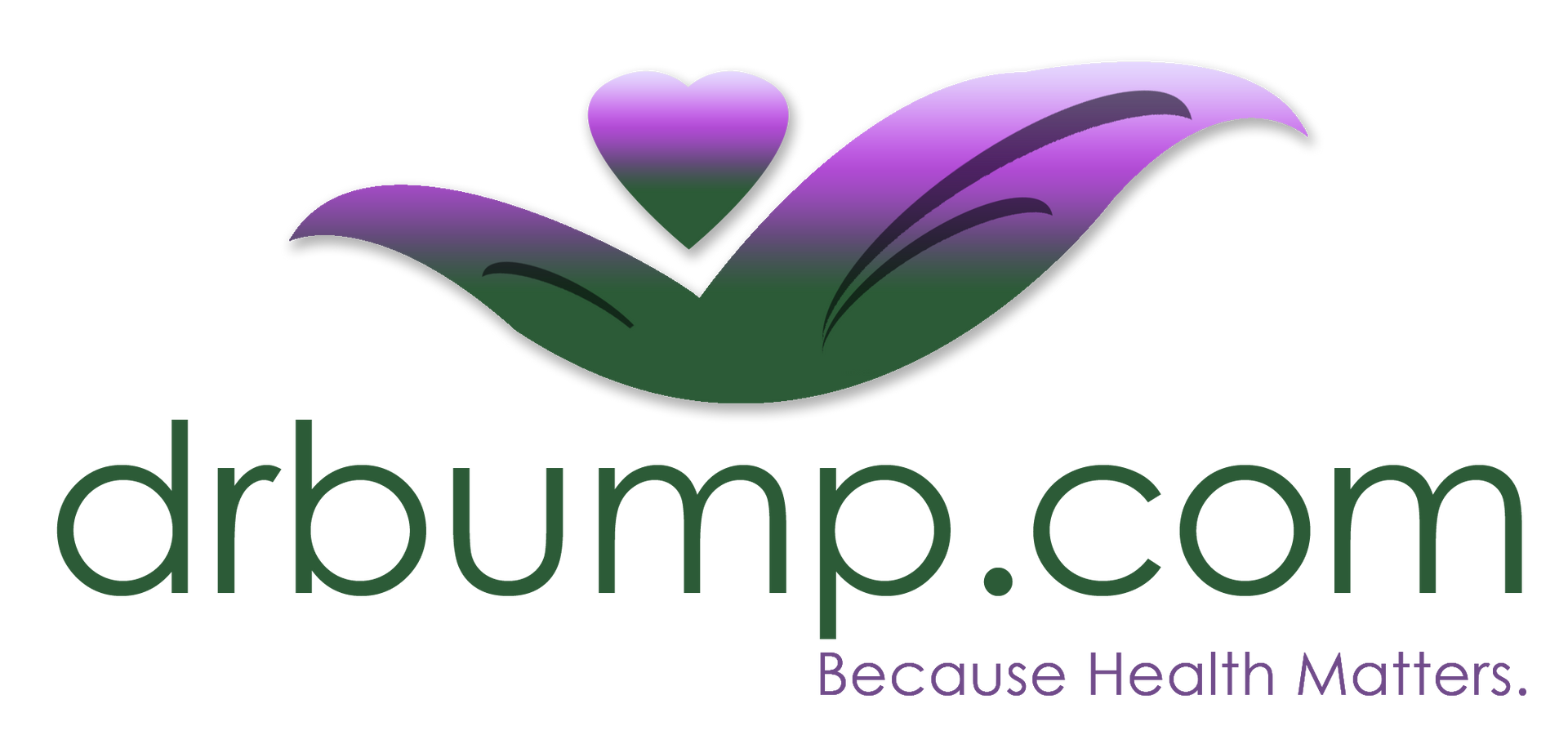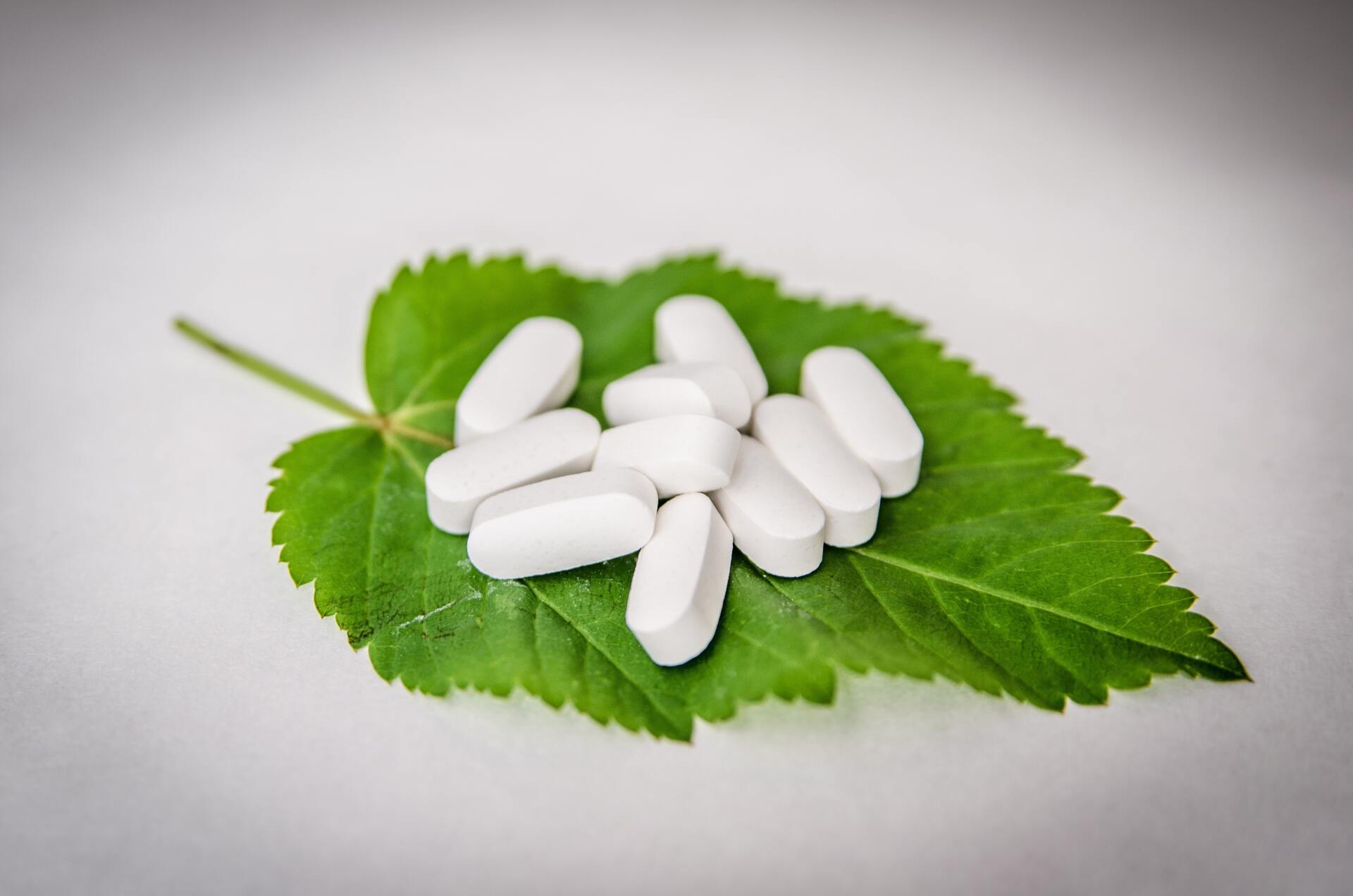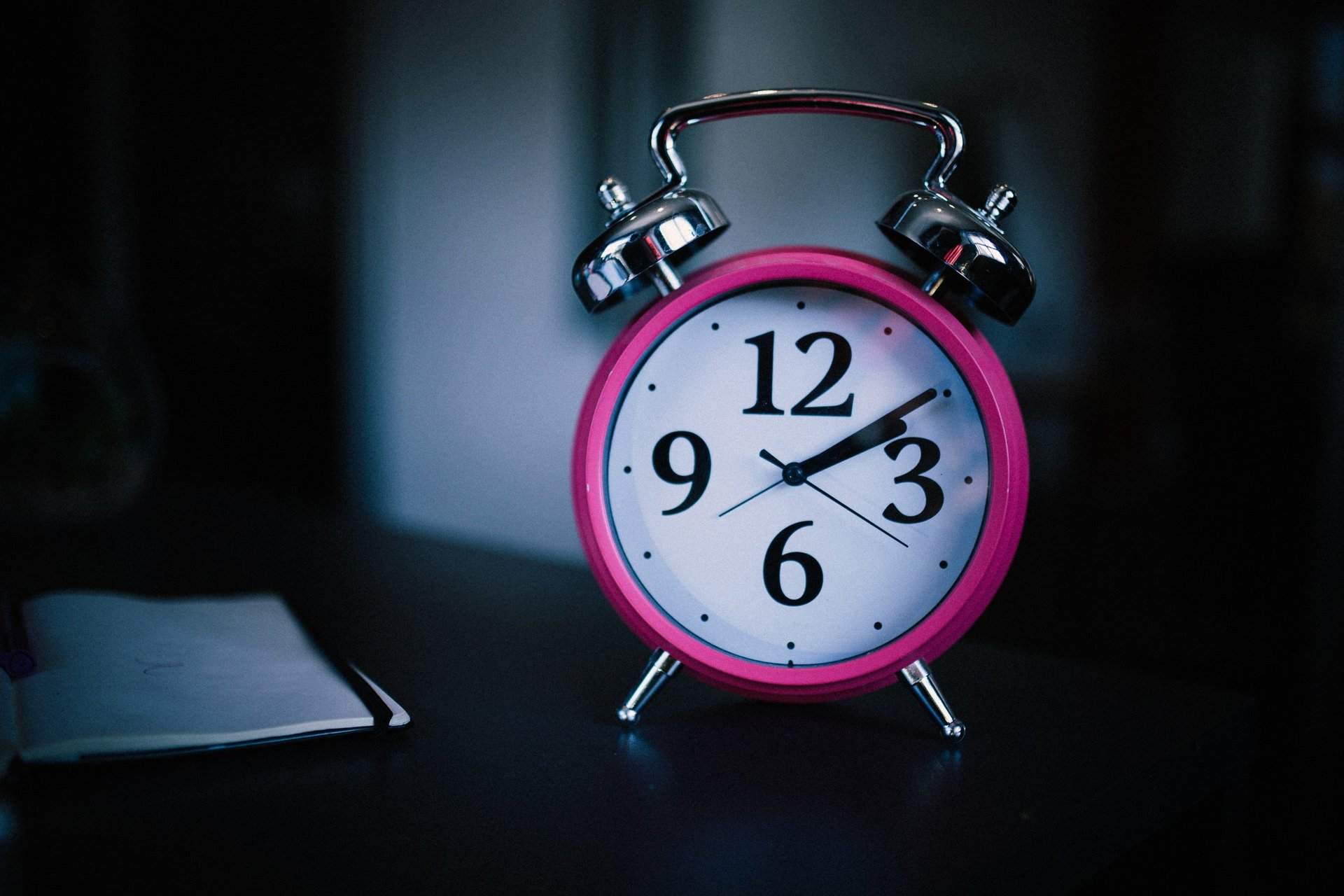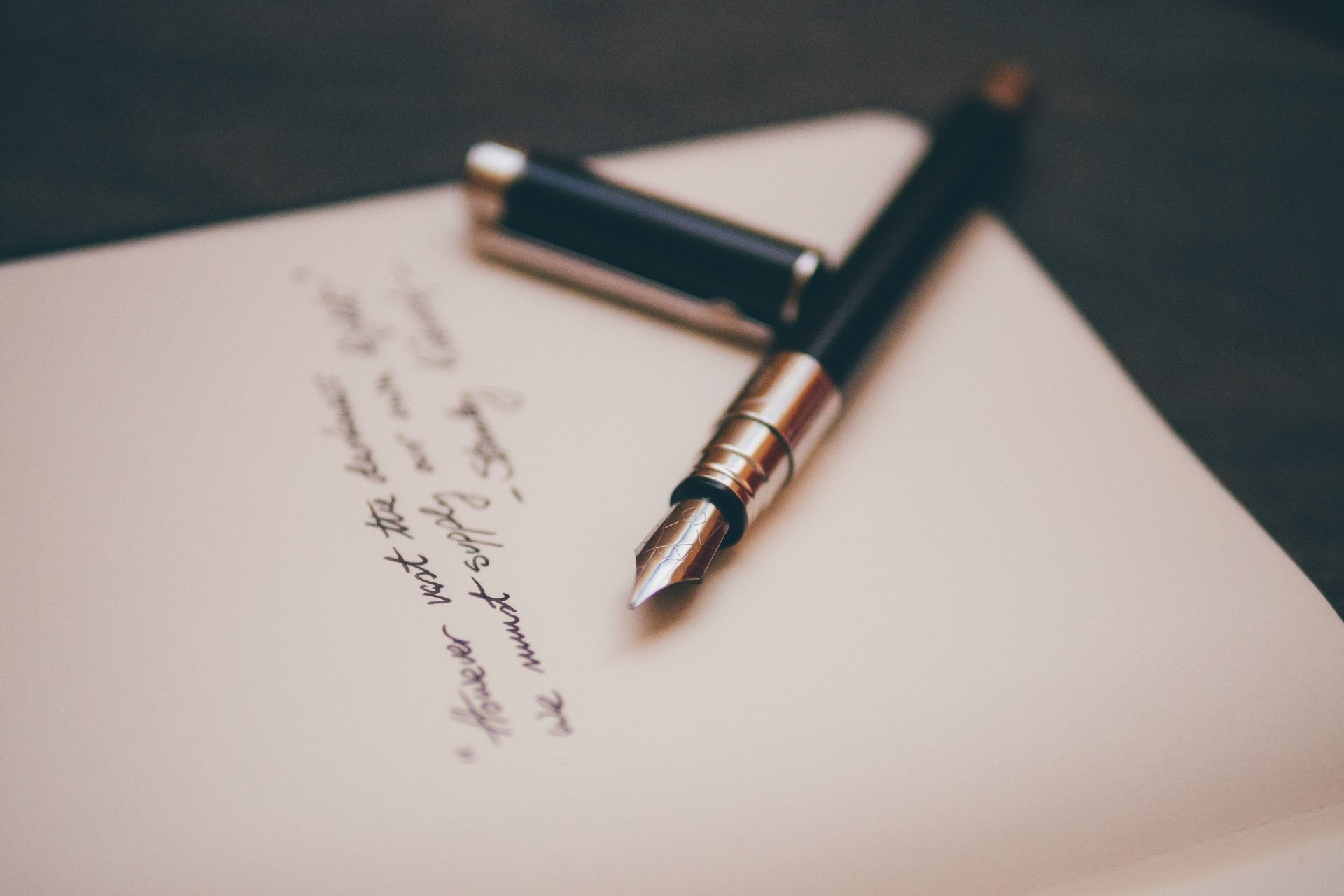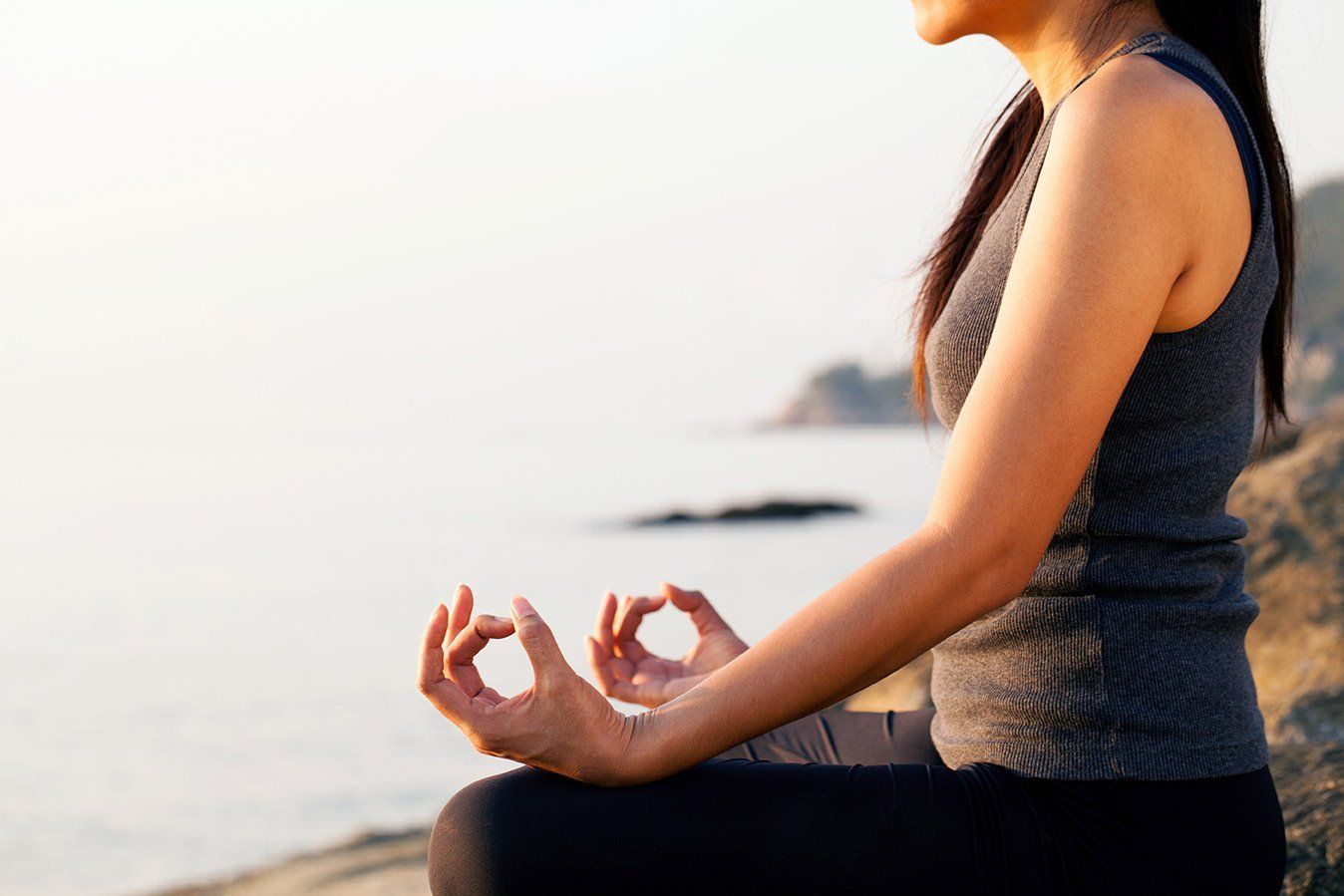
Mindfulness practices can improve your health in so many arenas, but most of all it can aid in improving your sleep. Mindfulness meditation can be defined as focusing awareness on each moment, including the environment, as wells physical and emotional sensations. In clinical studies, practicing mindfulness and/or mindfulness meditation before bed has led to benefits including: reduced insomnia, deeper sleep, fewer episodes of wakefulness during the night, improved mood and resilience, greater daytime energy and less anxiety. Give this a try: Be in a quiet place where you can relax. Sit, or lie down in your bed. Pay attention to the environment, listening to the sounds, smelling what is around you and feeling the temperature of the room. Focus inward. Take several deep breaths, paying attention to how your body feels as you breathe. Let your eyes close as you become more relaxed. Scan your body and assess how you feel. Focus your awareness on the parts of your body that are tense or in pain. Breathe deeply and acknowledge the feeling, without judging it. Imagine your body becoming heavier, more anchored to the earth. Visualize a location that makes you particularly happy. This could be a natural setting, a vacation spot you remember, as long as it leaves you with a calm, peaceful feeling. Let your thoughts flow. If you have anxious or worried thoughts, let each occurrence be an opportunity to observe the thought and let it go. Rather than fighting the thoughts, imagine standing still and letting the thoughts flow around you. Bring your attention back to your breath. You can use a timer if you need, or just fall off into sleep. Do keep with this practice as it might take some practice, but you will reap benefits however you do or how long you choose to do this meditation.
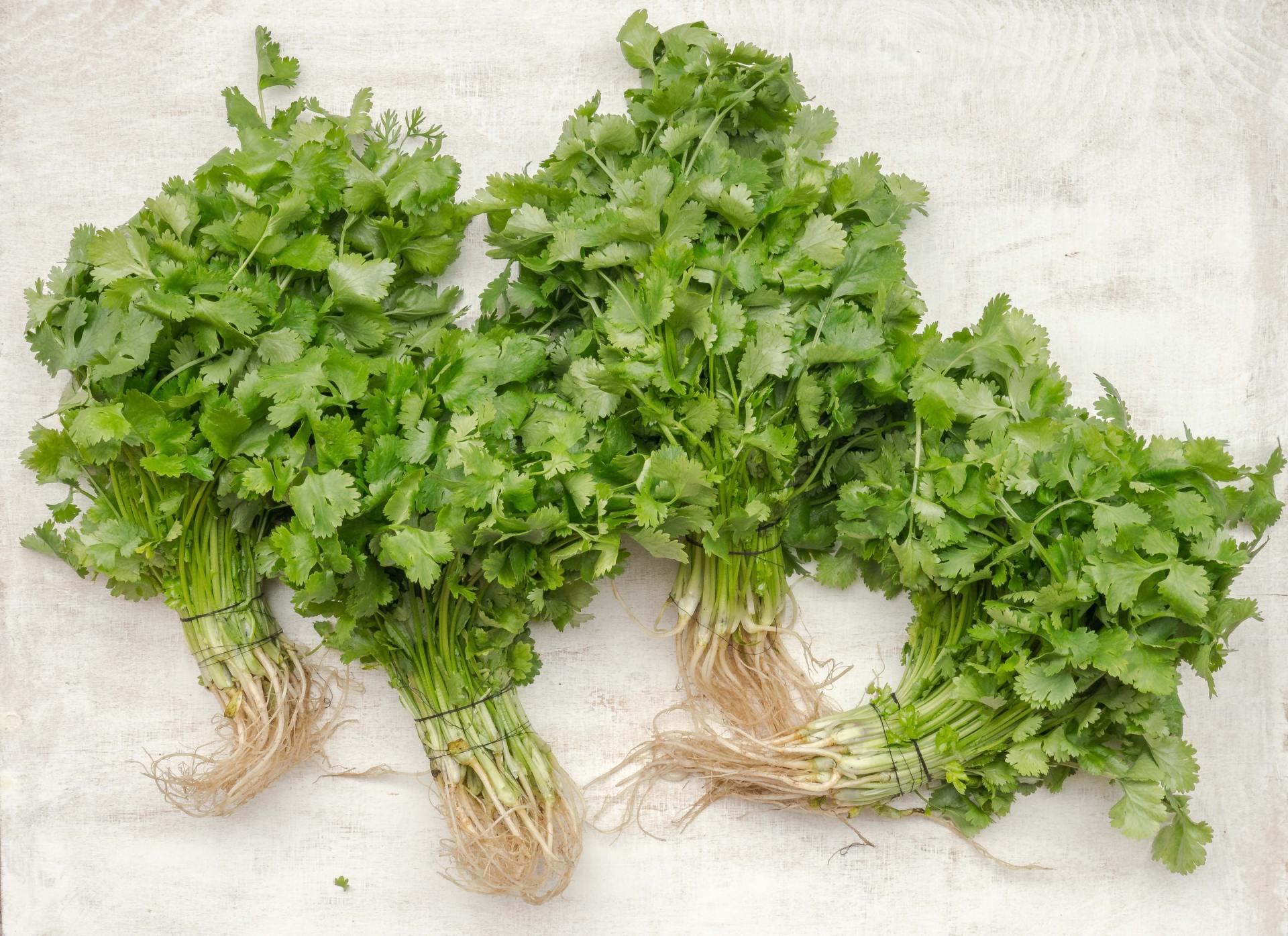
We like this recipe from Sylvia Fountaine posted on Feasting at Home . We have put it with fish, meat, grilled veggies, and so many other things. Cilantro Chimichurri Sauce Ingredients 1/4 cup red onion 2 garlic cloves 1 tablespoon fresh chilis, diced (jalapeño, red chilies, or feel free to omit for a milder version) 1 cup Cilantro, tiny stems OK 1 cup Parsley, thin stems OK (optional, if not using, add another cup of Cilantro) 1 tablespoon fresh oregano ( or 1 teaspoon dried) 1/4 cup fresh lime juice (1–2 limes) or use red wine vinegar (or use half lime and half vinegar) 3/4 cup olive oil, add more to the desired consistency 1 tsp kosher salt 1 teaspoon pepper ½ tsp smoked paprika– (optional –only if you like smokey flavor) ½ teaspoon chili flakes, more or to taste Finely mince everything and place it in a medium bowl along with wet and dry ingredients. Taste, adjust salt, lime and heat ( add more chilies or chili flakes) to your liking. Or, alternatively, use a food processor: Place all ingredients through oregano in processor, and pulse a few times until finely chopped. Add olive oil, lime juice, smoked paprika (optional), salt and pepper. Pulse a few more times, until well combined (but not smooth). Taste, adjust salt, lime and heat ( add more chilies or chili flakes) to your liking. If the mixture seems thick add a little more oil to loosen it up. This will keep up to 4 days in the fridge, or freeze.
